U-High’s student-athletes are often stretched so thin that they don’t have much free time. Many Pioneer athletes, including soccer player senior Sydnee Schuler, play for both travel and school sports teams and it affects many other areas of their lives.
“Because I was gone so often during the weekdays, I would not see my mom very much,” Schuler said. “There would be times where if I was going to practice, I would get up and I would maybe see my mom for like five minutes when she would go to work. I’d be at school the whole day and then I wouldn’t see her before I left to go to practice, and then she’d be in bed when I got home.”
Junior Levyn Snow plays club volleyball during her offseason away from school volleyball. With demanding practice times and tournaments Snow has to miss certain events.
“I’ve only been able to go to two or three football games this year because we typically have tournaments over the weekend, so we would have to leave Friday afternoon during school,” Snow said. “Volleyball players aren’t allowed to participate in Powderpuff, so I couldn’t really have fun with my friends while doing that. I just had to stand on the sidelines.”
Schuler played club soccer from the sixth grade to her junior year and also said that the experience was quite restricting. What made it more difficult for her was the fact that she played for a club team based in Indianapolis. The long commute also affected her academic choices; limiting the courses she could take that have after school requirements.
“I really wanted to take AP Bio (which has an evening lab), couldn’t take AP Bio, [and I] couldn’t take Calc BC (which occurs Tuesdays and Thursdays after school),” Schuler said. “There have been things that my friends have been a part of in school that I just haven’t been able to attend.”
Schuler also shared the mental struggle she endured while playing club soccer due to the team’s environment and time commitment.
“I was anxious all the time. I felt like I was never calm. Ever. There was an undertone of feeling like I was falling behind, in some sense, because of how little time I had for anything else,” Schuler said. “I definitely think that I struggled with being happy, especially last year – which junior year is notoriously hard in high school – I felt like I had to put on a face some mornings like I was okay, when I just was not at all.”
Both women said club sports take up much of their time, but they still have responsibilities to uphold as students. Their experiences of spending more time in vehicles traveling than the average student have led to building time management skills to maintain their academic stability.
“I try to get all of my work done the day before or as soon as it’s assigned. And then if we have projects or exams that we have a long period of time to work on I try to get them done early so that I’m not stressing even more about it and building up all that stress with sports, too,” Snow said.
More than 80% of the varsity volleyball players play club and U-High volleyball. Varsity volleyball coach Mike Bolhuis recognizes the effort and dedication his players put into the sport for the club team. He was a club coach at Illini Elite for nine years.
“I have to always be cautious of injury prevention. Because they play almost year-round, I try to limit the amount of jumping we do in practices when I can,” Bolhuis said in an email. “We try to balance [low motivation levels] by giving days off when appropriate and by emphasizing non-volleyball related time together outside of the gym.”
While club sports are a real time commitment, both women said their participation in a club team has had a positive impact on their game toughness.
“With the coaches I’ve had at club, it has obviously helped with the volleyball part, but the mental part has gotten a lot stronger because they’re hard on you. They don’t care as much about what’s going on outside – it’s just about volleyball for them,” Snow said. “That helped me with school volleyball, especially. At school volleyball, I get a little bit of a break and it’s easier to focus.”
Despite having played club soccer for six years, Schuler decided to switch to school soccer her senior year.
“I knew deep down that what I was doing playing in Indiana was not sustainable at all and it was not making me happy,” Schuler said. “I now really enjoy playing again, which is so special because I haven’t felt that way in a while. I’m really glad that I made that decision.”
Schuler’s decision to stop playing club soccer was a long process that was difficult for her, especially the realization that she didn’t want to play there anymore.
“I will say that it was really hard to admit to myself just because of how entwined soccer is with my identity. I was really scared of what people would think of me,” Schuler said. “I also felt that it would be really hard to admit because I put so much time into it and I didn’t want it to feel like a waste. But what I’ve told myself is that it wasn’t a waste of time; I learned a lot through that experience and I now know something really important about myself even if maybe it came about in a difficult way.”
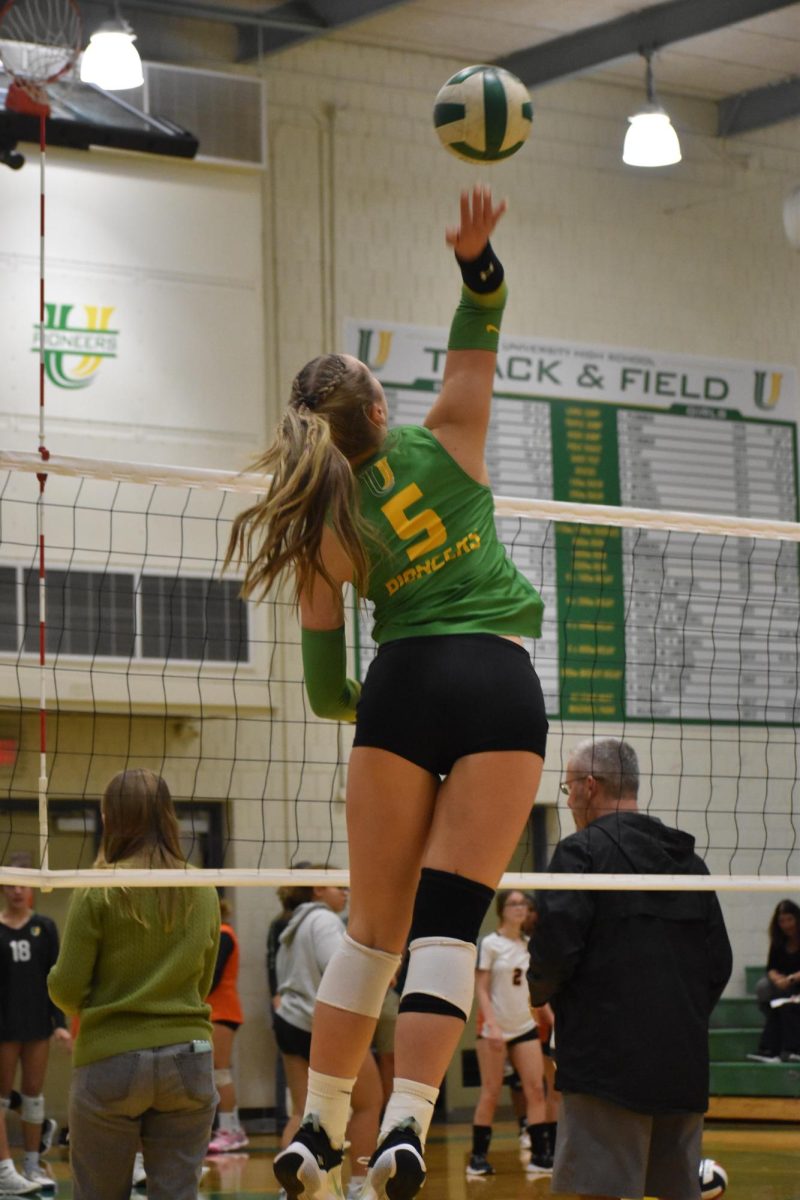
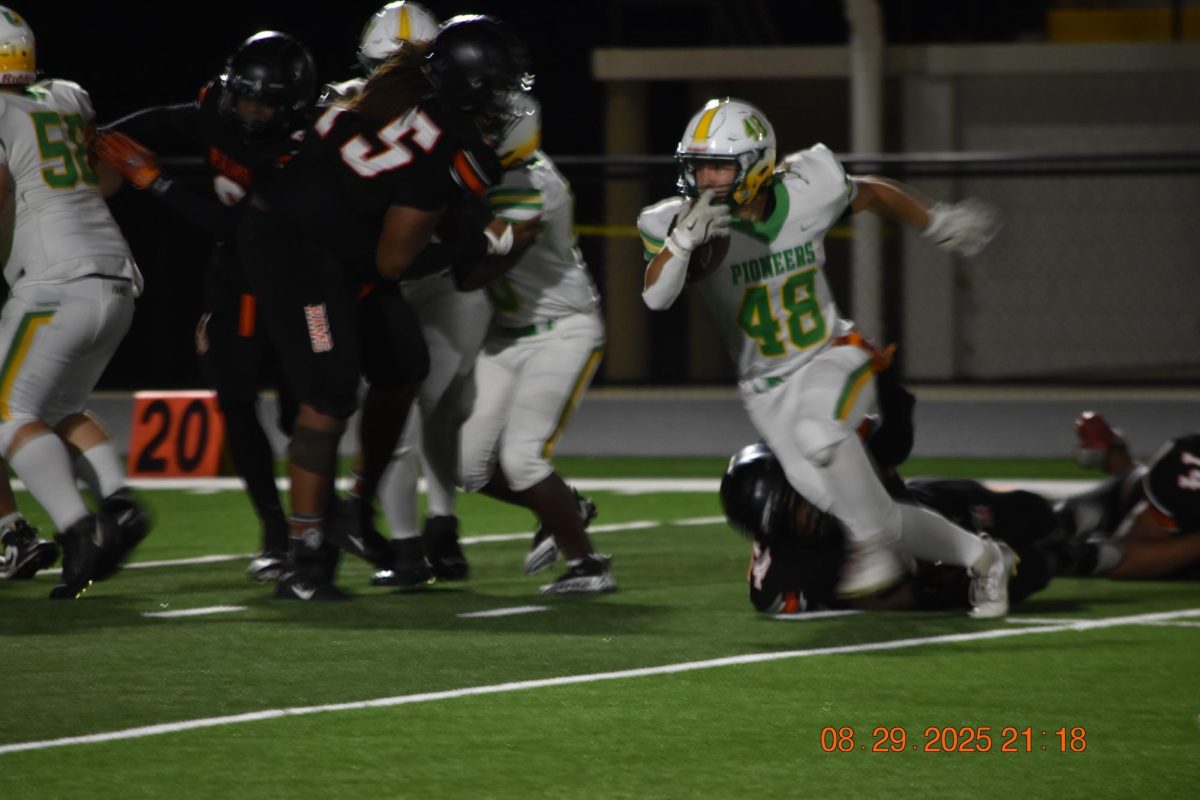
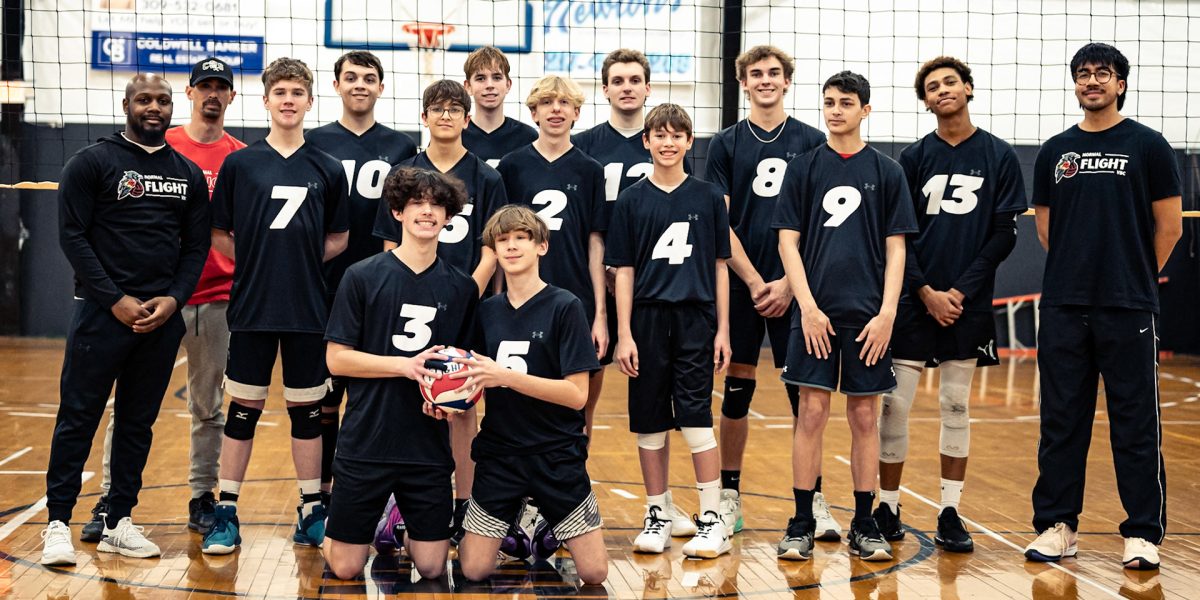
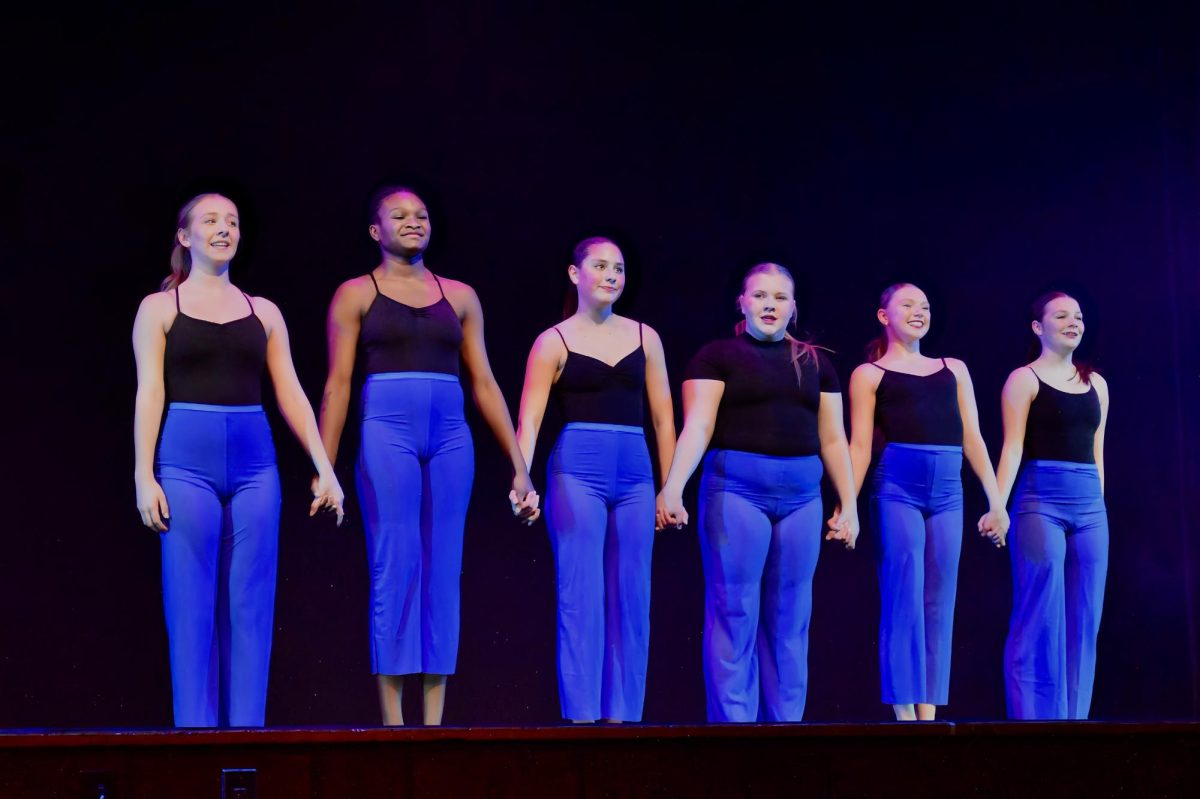
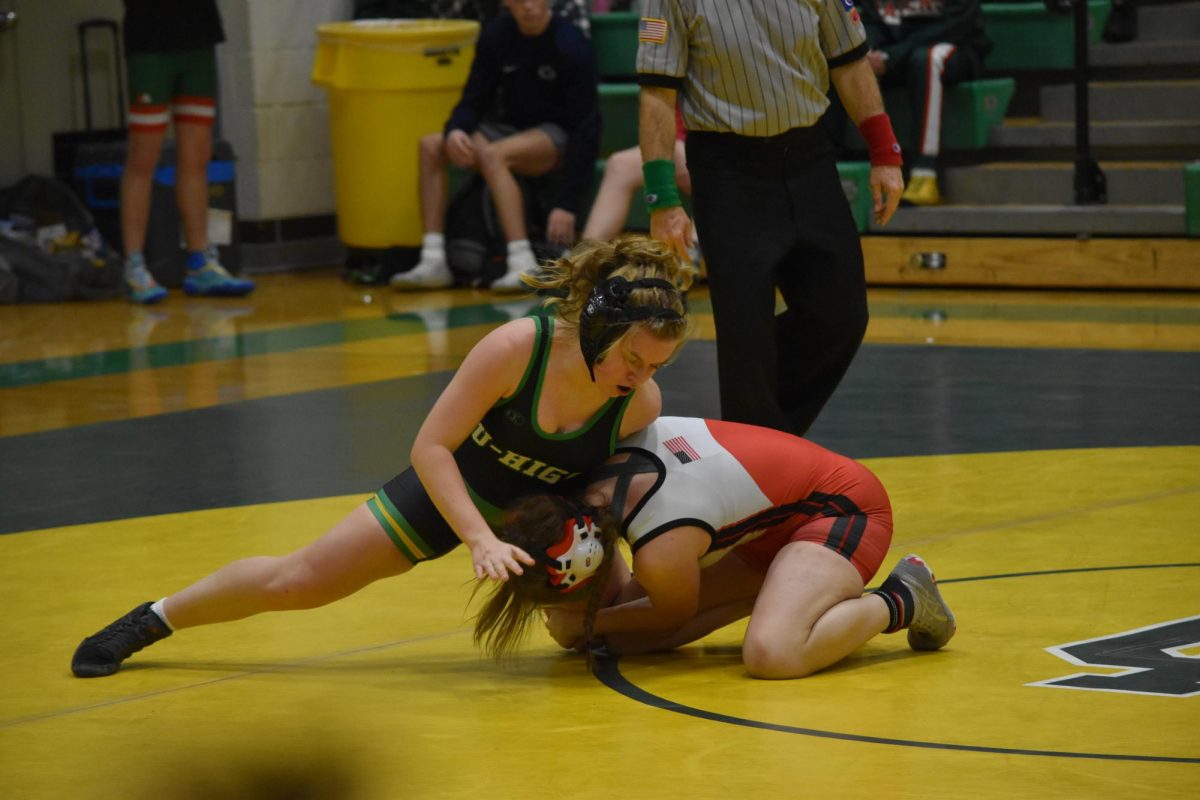
Verit Reiman • Nov 10, 2023 at 5:12 pm
That was an amazing article! So well researched and so well written. The quotes were spectacular! I can’t wait to read more from the author this year!